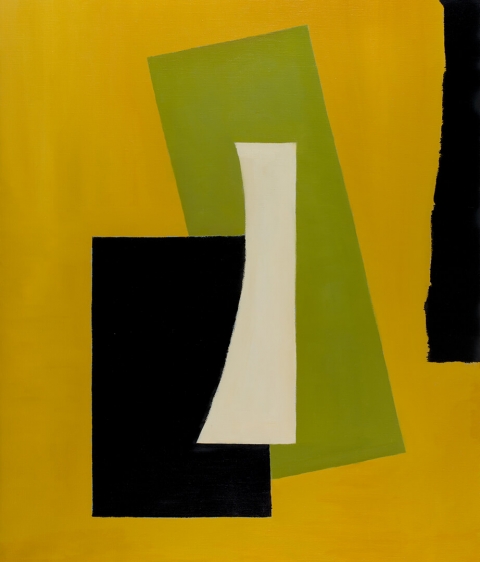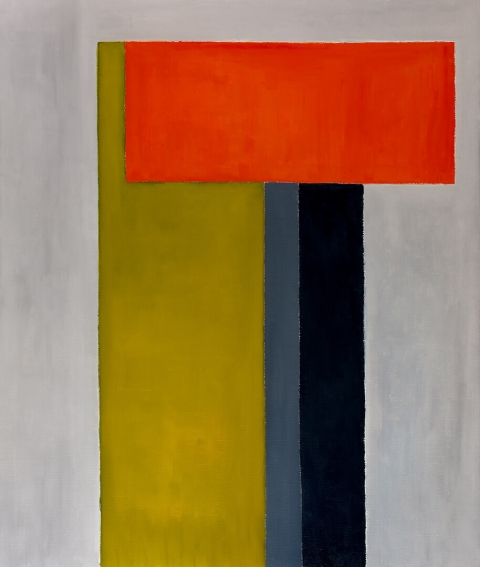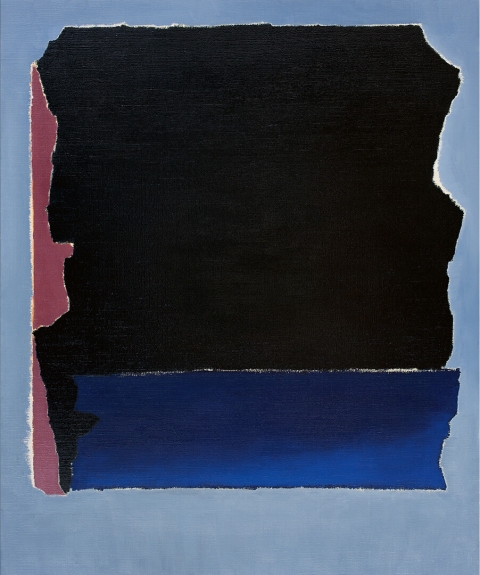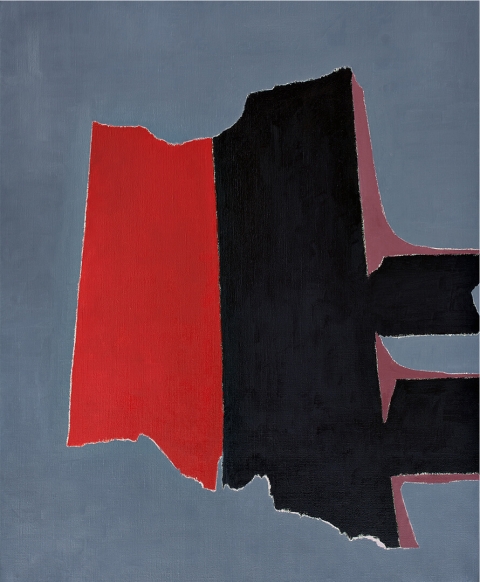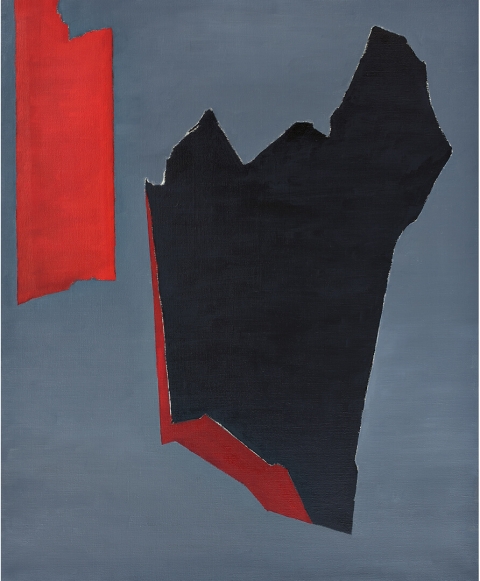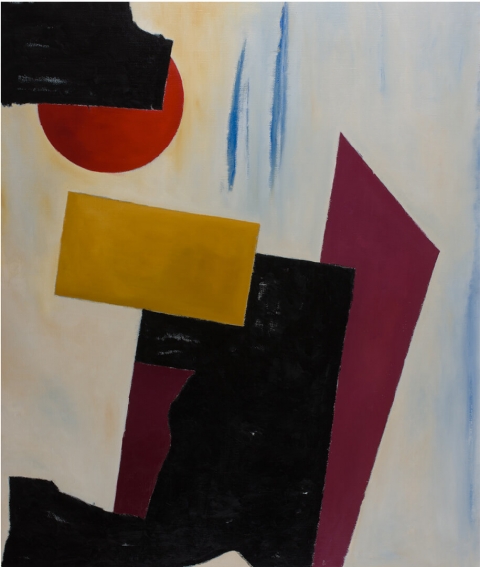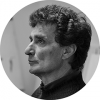
Franco Viola
Franco Viola was born in Gaeta (Italy) on March 12, 1953. After graduating in electrical engineering in 1977 from the University of Rome, he devoted his time to research into spatial disciplines and to his other great interest, painting.
Working as an engineer and a painter, Viola had the privilege of experiencing the debated yet very prolific encounter between art and science, joining the unusual group of people who have a double identity and a double profile, one complementary to the other, the scientific and the artistic.
Until 2010, when he finally chose painting, it was a totally private experience for him at first, and later gradually brought out into the open. Now artistic research has become his primary occupation, steadily evolving while he was still working in the area of science.
The relationship with Nature and the perception of what is not readily apparent have always characterized his artistic research. He started with the study of the landscape, condensing it through an intimate relationship with the changes that the vision of natural landscapes leaves on the artist’s sensibility.
Attracted more by the art of Gauguin, Caspar David Friedrich and the Expressionists of northern Europe than by the academic school, his research is extremely personal, far removed from artistic movements and directions.
During his artistic career he has studied and experimented with color and its laws thoroughly in order to grasp the notion of the sublime, qualifying his pictorial idiom with lines rich in intensity and completeness.
From his very first watercolors and, later on, in his oil paintings, Franco Viola has produced landscapes by combining reality and the inner world, seeking to transfer the emotion and the sublime of the uncontaminated reality (personified according to the creed of Goethe, Klee’s lyrical plummeting).
The act of painting by Franco Viola is the result of a continuous process which accompanies thoughts on the nature of painting in the age of Modernism and on its relationship with place, time and the ever-changing social and human conditions. It is a rethink on Nature, in the context of a cognitive and emotional flux. In recent years, through the languages of expressionism and abstract expressionism, it has witnessed a process which goes from a direct analysis of Nature towards a possible, personal pictorial vocabulary based on the notion and idea of the sublime, ranging from Caspar David Friedrich to American Modernism, and mixing them together.
Many art critics have written about the work of Franco Viola, including Paolo Balmas, Amnon Barzel, Rolando Bellini, Beatrice Buscaroli, Gianni Franceschetti, David Galloway, Giorgio di Genova, Domenico Guzzi, Lóránd Hegyi, Wulf Herzogenrath, Alan Jones, Gottfried Knapp, Mario de Micheli, Nico Orengo, Manfred Schneckenburger, Vittorio Sgarbi, Duccio Trombadori and Peter Weiermair.
